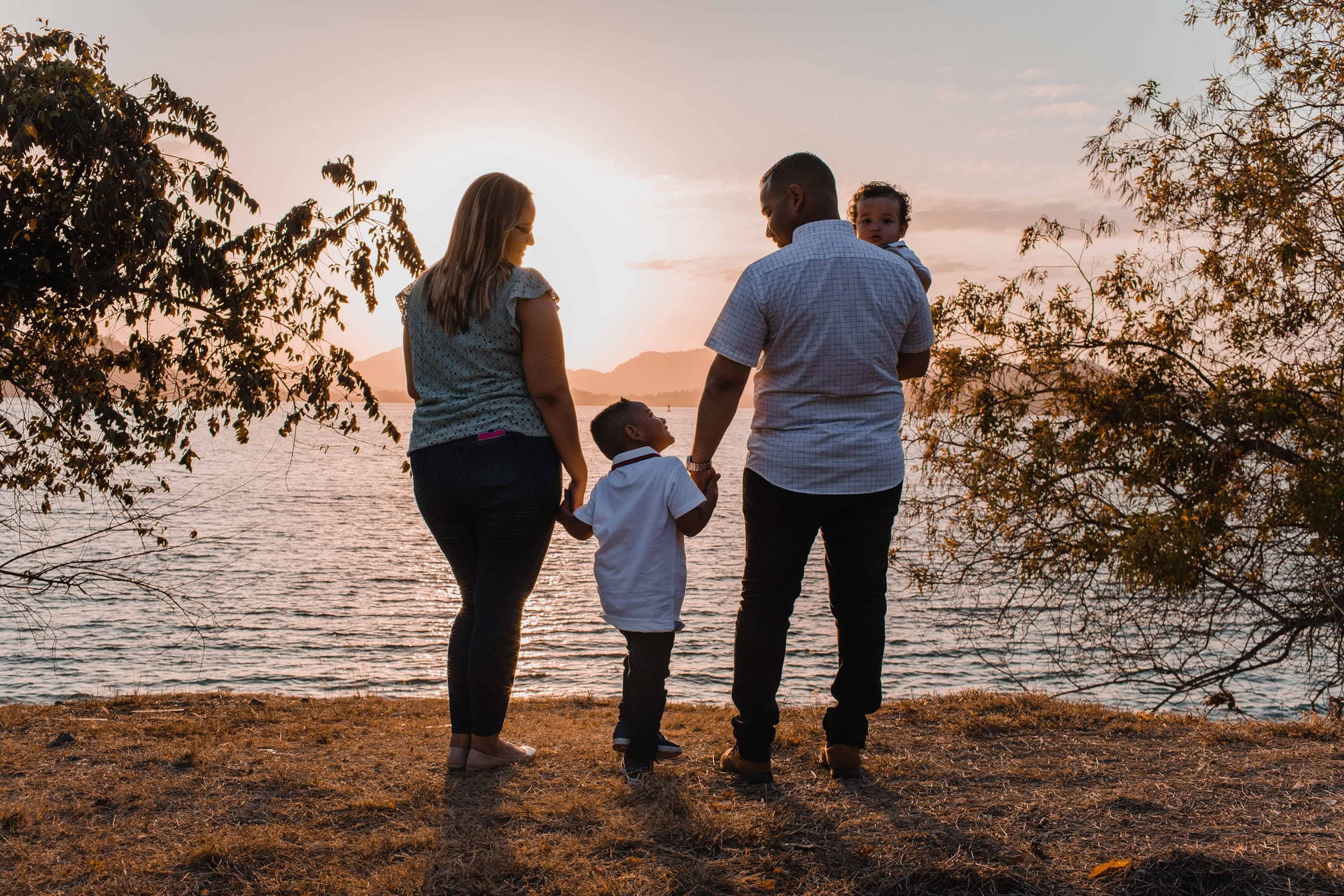Stages and Styles of Addiction Recovery
I have been closely observing the addiction recovery process for half a century. I have been struck by two extremes: people whose fragile recovery is forever frozen at a primitive stage of development, and people who go through metamorphic changes that transform their character, values, and the quality of their interpersonal relationships. In the former, drug use has ceased or radically decelerated in frequency, intensity, and consequences, but this change remains nested within the same self-centeredness, resentfulness, dishonesty, and intolerance that often characterizes active addiction. This former pattern has been referred to as the “dry drunk” syndrome. In the latter style, the radically altered person-drug relationship is accompanied by dramatic enhancements in global health and functioning, as well as changes in character and identity—changes AA co-founder Bill Wilson characterized as “emotional sobriety.”








